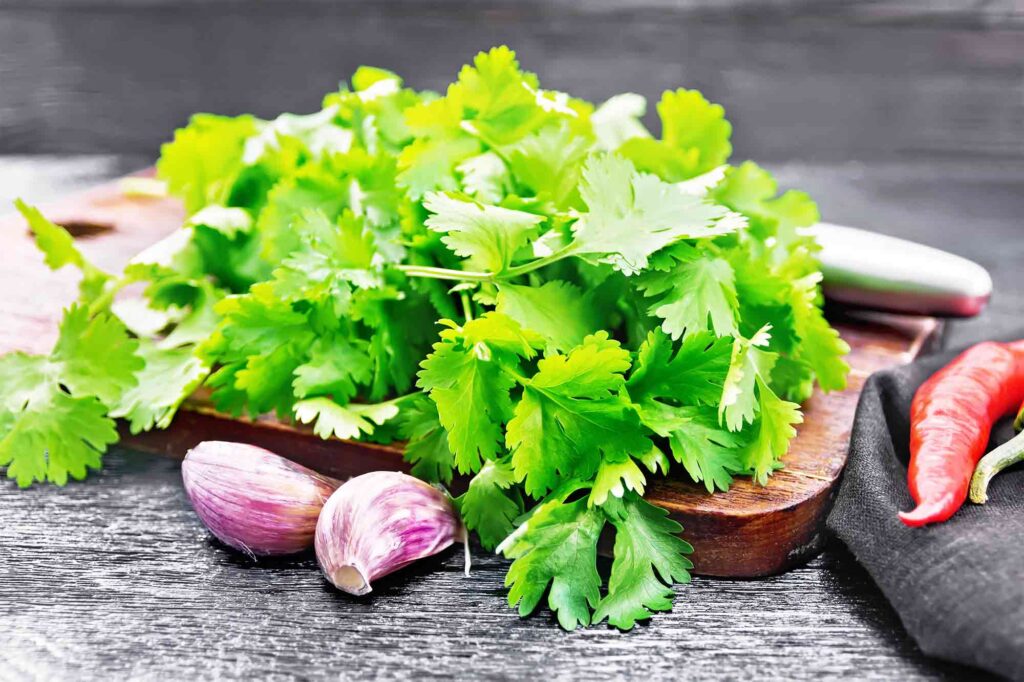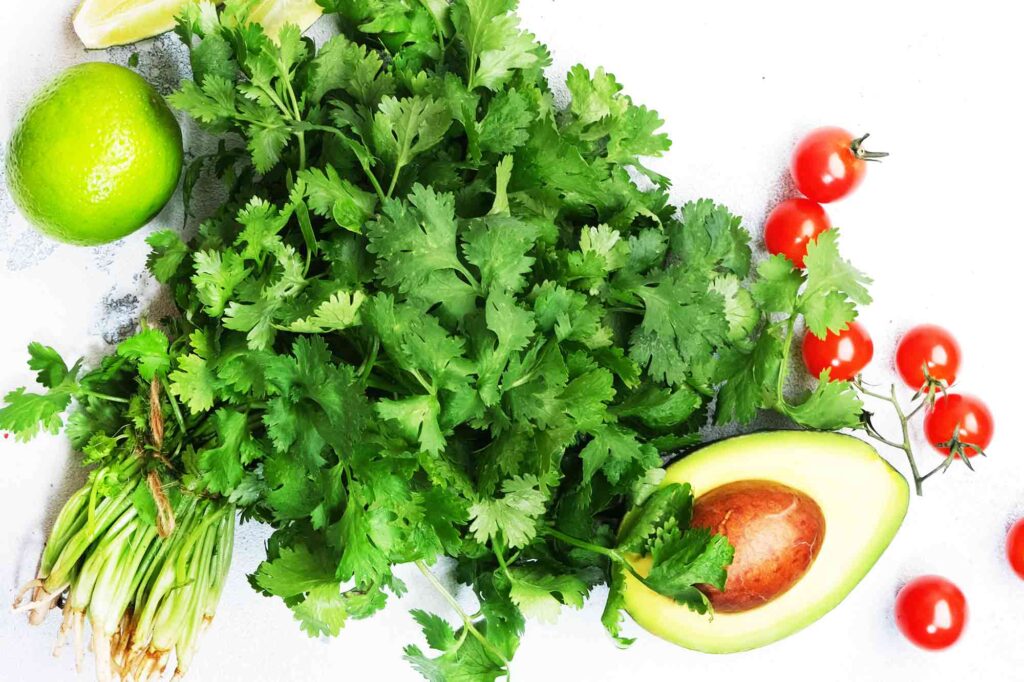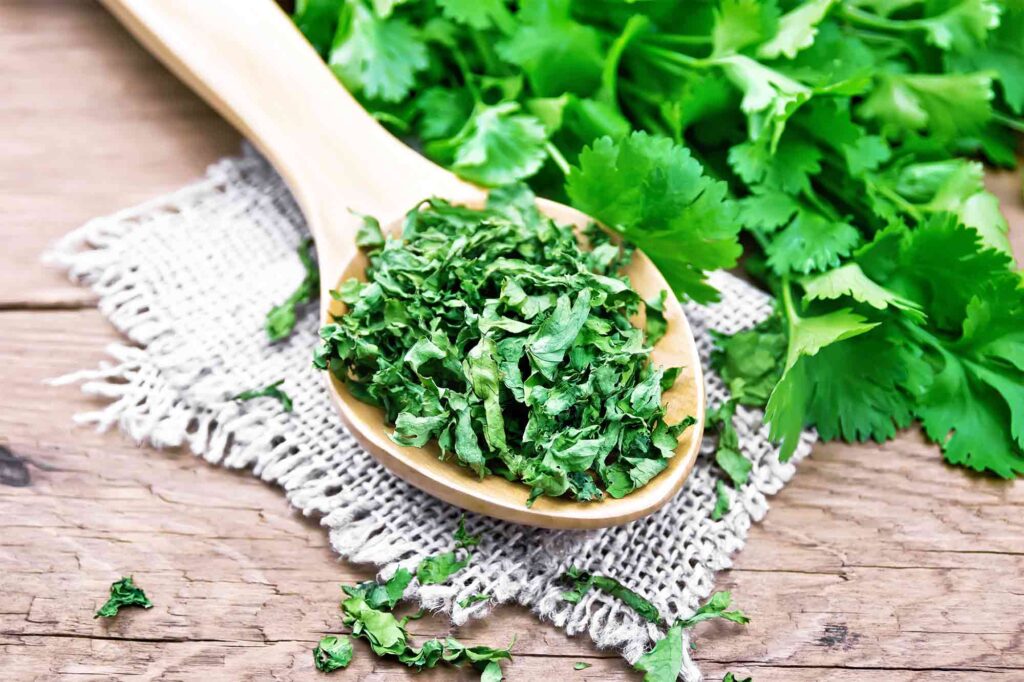Do you also feel the Soap Taste in Cilantro? Find out why.
Cilantro is a common herb used in kitchens worldwide to add flavor and freshness to various dishes. However, there's a peculiar phenomenon that divides cilantro enthusiasts and cilantro haters.
Some people claim that cilantro tastes like soap to them. Why does this happen?
This unique taste perception can be attributed to genetics. A significant number of people have specific gene variants that make them more sensitive to certain chemicals found in cilantro. One of these chemicals, known as aldehyde, is also found in soaps and lotions.
Hence, when individuals with these gene variants consume cilantro, they detect a soapy taste, which can be quite off-putting.

Cilantro's divisive flavor
has led to polarized opinions. While some people enjoy its fresh, citrusy notes, others find it revolting.
Those who don't taste soap when they eat cilantro typically lack the genetic sensitivity to aldehyde. To them, cilantro imparts a pleasant and zesty flavor to their dishes.
Interestingly, cilantro's reputation as a soap-tasting herb isn't universal. In different cultures, it's cherished and revered as a culinary staple. For instance, in Mexican and Indian cuisines, cilantro is an essential ingredient that enhances the taste of various dishes. It adds a vibrant and aromatic dimension to salsa, curries, and more.
So, the perception of cilantro's flavor can vary greatly from person to person and culture to culture.

While some cilantro-haters
may simply avoid dishes containing this herb, others have developed techniques to mask the soapy taste.
They may chop cilantro into tiny pieces to distribute the flavor more evenly or use it as a garnish instead of a primary ingredient.
In conclusion, the soapy taste that some people detect in cilantro is a result of genetics and the presence of aldehyde in the herb. For those with the genetic predisposition, cilantro can be a challenging ingredient to embrace. Still, it's essential to remember that flavor perceptions are highly subjective, and what tastes like soap to one person may be a culinary delight to another.
Whether you love it or hate it, cilantro's unique flavor will continue to be a topic of conversation in the culinary world.




